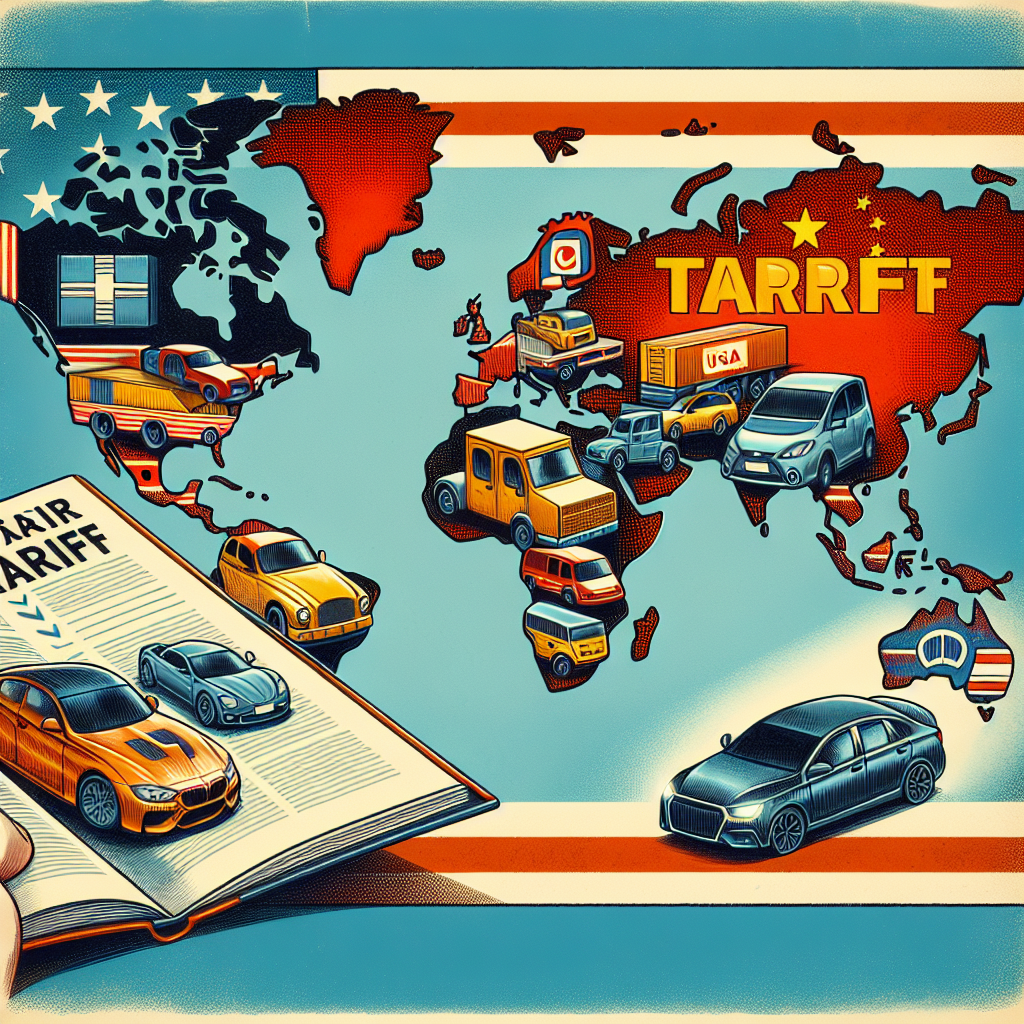Automobile manufacturers are preparing for potential disruptions in the global automotive supply chain due to uncertainties surrounding Donald Trump’s trade policies. The recent imposition of tariffs on imports from Canada, Mexico, and China has raised concerns among carmakers.
While some companies like General Motors, Stellantis, and Tesla are considering increasing production in the US to mitigate the impact of tariffs, others are adopting a wait-and-see approach. The complexity of the supply chain, with components moving across borders multiple times, could create challenges if tariffs are implemented.
Potential Impact of Tariffs
Experts warn that a full-fledged tariff war could lead to bankruptcies among smaller suppliers, causing significant disruptions in the industry. Companies like Autoliv are already exploring options to pass on the additional costs to customers if tariffs are imposed.
Among the major carmakers, GM is considered the most vulnerable to tariff-related losses, while Ford is relatively less exposed due to its lower reliance on imports. European manufacturers like Volkswagen and BMW could also face challenges, depending on the extent of tariffs.
Implications for Different Automakers
German automakers like Volkswagen and BMW, which rely on imports from Mexico and Canada, could see their profits impacted by tariffs. On the other hand, Japanese companies like Mitsubishi Motors and Subaru may benefit from their limited production in North America.
Renault, on the other hand, is not expected to be significantly affected by tariffs due to its minimal presence in the US and Canada. Despite the potential challenges, some companies like Renault remain optimistic about their performance in other markets.

